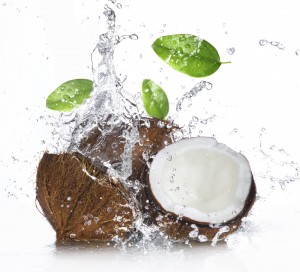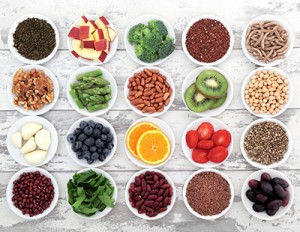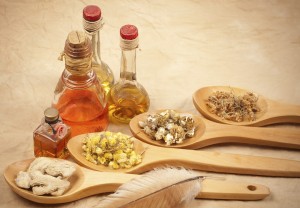 What is Coconut Water?
What is Coconut Water?
Not to be confused with the high-fat coconut oil used in cooking or coconut milk from a traditional brown and hairy coconut, coconut water is a low-cal, fat-free, cholesterol-free beverage that not only hydrates but also packs a major potassium punch. Many individuals are turning to coconut water an an alternative to soda and fruit juice because it is slightly sweet but with significantly less sugar and calories.
It is also often used as an alternative to traditional energy drinks. This is because it is able to replenish electrolytes as well as prevent cramping due to its high potassium content. This is particularly true for athletes engaged in extremely long bouts of activity, such as marathons, as they are much more likely to require additional hydration, electrolytes, and potassium than someone who just went for a short jog.
There is also another reason to consider ditching the sports drink in favor of coconut water: your teeth. One obvious factor is the sugar. Sugar is bad for your teeth and can lead to cavities. However, sports drinks are also extremely acidic and begin to cause irreversible damage to your tooth enamel after just 5 days of consistent use. This damage is even worse with energy drinks. Read more








 Tackling your sugar addiction may seem like an insurmountable task, especially since one sugary snack tends to lead to another and then maybe even another. You are not alone when it comes to overindulging in sweets. When you consume simple carbohydrates you rapidly sate hunger with the added bonus of a quick energy boost. Unfortunately, your body metabolizes simple carbohydrates just as fast, leaving you hungry soon after.
Tackling your sugar addiction may seem like an insurmountable task, especially since one sugary snack tends to lead to another and then maybe even another. You are not alone when it comes to overindulging in sweets. When you consume simple carbohydrates you rapidly sate hunger with the added bonus of a quick energy boost. Unfortunately, your body metabolizes simple carbohydrates just as fast, leaving you hungry soon after.
